
As the day goes by, the price of renting a house continues to increase. This makes a lot of tenants frustrated, especially when they are unable to keep up with the price hike.
If you’re one of those tenants, there is a simple solution to this problem. That’s building your house.
Being a homeowner in Nigeria is one of the best ways to invest your money. Whether you’re planning to live in the house with your family or you want to rent it out, it is one of the greatest assets you can ever have if you know how to effectively go about it.
This is why we’ve compiled this article to guide you as you plan on starting your building project.
Building a house in Nigeria is not as difficult as a lot of people make it seem. There are different housing options to choose from, depending on your budget and other factors.
You can choose to build a room self-contained, 3-bedroom bungalow, multifamily building for rental, or duplex; it all has to do with your budget and available resources. Hence, you need to cut your coat according to your cloth to enable you to complete your project on time.
Before we delve into the topic, there are some crucial factors that you must consider before you can effectively ascertain the amount your building project will cost. We shall be explaining those factors below.
Factors to Consider Before Building a House in Nigeria
A. The land factor

Image credit: leadership.ng
This is by far one of the most important things to consider before you begin your project. When you have a good piece of land, every other thing will fall in place. Under the land factor, consider the following.
· Location
The location of your land can greatly influence its price. For instance, buying a piece of land in the outskirt of Lagos, Kwara, Abuja, Rivers, and so on, will be relatively cheaper than buying in the central areas of the states.
· Document
To ensure that the document for your land is complete, they must include the following:
- Certificate of Occupancy (C of O)
- Deed of conveyance
- Survey plan of land
- Gazette
· The seller or agent
In Nigeria, people often buy land from two major channels. They are:
1. Through the landowner
This channel is oftentimes the cheapest. It can, however, be pretty dangerous and unsafe because the land might be owned by multiple persons or families and could lack proper documentation.
Sometimes, there might be misunderstandings among the landowners, which might eventually lead you to lose the land after payment. Therefore, it is better to go through the second channel (below) to avoid such troubles.
2. Through a real estate agent/company
This process is often the safest and most secure way to buy property in Nigeria. A registered and certified real estate company or agent usually provides diverse services to their clients. Their services range from selling lands and buildings to helping their clients to build houses.
Real estate companies are safer because they usually provide all the required documents (as listed above) to make you a full owner. They are in charge of doing the paperwork and usually take care of every necessary documentation.
The only downside of this channel is that most of the pieces of land offered by real estate companies are usually very expensive, depending on the location.
· Topography
Knowing the right land to purchase is often ascertainable during the rainy season because you can effectively assess the topography and check the level of erosion in the area.
Pieces of land situated in waterlogged or riverine areas are often very cheap but expensive to build on due to the large volume of sand they tend to consume. This could finish up your entire budget.
On the other hand, buying dry land is expensive but quicker and easier to fill with sand. Therefore, you need to be wary of this if you want to save costs.
· Timeline
Once your land is ready, you need to determine when to commence your building project. If you’re unable to start the building process immediately, you should erect a fence around your land and mount a gate.
This is to prevent anyone from encroaching on your land, particularly if the location is a developing area. This will ensure that your land is still intact whenever you are ready to commence building.
B. The nature of the site
The questions you need to answer include: Is the site a developing or developed area? How close is it to the road and other infrastructure?
Whenever you’re able to answer these questions effectively, then you can decide on the next step to take.
Tips to Save Cost When Building Your House in Nigeria

- Use the sand that was excavated during the digging process of your soakaway for the sand filling process of the house.
- You can also dig a well to enable you to have access to water during the building process. And like the soakaway, you can collect the sand from the well to sand fill the foundation of your building.
- Make inquiries on the amount the building materials are sold to give you an idea about the minimum price of each material. In the same vein, you can get 3 to 4 quotes before commencing your project to enable you to have an insight on the lowest budget you can work with.
- Endeavor to be present whenever you intend to buy any material; this is to prevent fraud and embezzlement by those who will be buying the materials.
- Ensure that you have a trusted relative or friend that can be on the site at all times to monitor every activity, especially when you will be unavailable.
- If possible, keep a record or account of the expenses you incurred during the building process to enable you to determine how the money was spent.
Once you can adequately work with the aforementioned factors and tips, you’re already on your way to becoming a homeowner without hassles.
Average Cost of Building a House in Nigeria
Even though the Naira/Dollar exchange rate plays an important role in building a house in Nigeria, particularly if the materials you will be using are imported, you can still build a standard house with the estimate that we shall be providing below.
1. Cost of Land
As discussed earlier, the price of land can vary from one location to another. However, if you intend to purchase a piece of land on the outskirt of a state, you can get a plot of land for as low as 200,000 to 500,000 Naira.
A plot of land in the central areas of the state can be between 2 million to 15 million Naira. The standard measurement for a plot of land is 450 square meters, which is approximately 60 by 100 feet.
2. Cost of Designing a Building Plan
If you want your house to be as standard as possible, then you have to employ the service of an architect to help you draft a building plan. Consulting a professional architect for your Nigerian house plan will allow you to give your house a sense of direction.
The price of designing a plan differs, depending on the complexity of the structure, the consultant, and the location of your building. But you can get a good plan within the price range of 50,000 to 500,000 Naira.
3. Cost of Drilling a Borehole or Well
Having a good source of water to build your house will save you a lot of money and stress. Hence, you should consider drilling a borehole or well before commencing your building process.
The minimum price for drilling a borehole (including pumping machine and water tank installation) can be between 500,000 and 900,000 Naira.
And the price of digging a well (depending on the hardness of the soil and location) can be between 80,000 Naira and 200,000 Naira.
4. The Cost of Soakaway and Foundation

The foundation oftentimes consumes most of the budget. You will be needing a lot of building materials ranging from sharp sand to gravel, rod, bags of cement, and granite.
These materials will be a lot cheaper if they are close to the building site. Depending on the size of your land and building, the cost of these materials, alongside the fees of laborers, can be between 1.5 million and 2 million Naira.
5. The Cost of Lintel Level
This process includes plastering, door and window fittings, among others. Considering the ever-changing exchange rate, it can be between 1 million and 2.5 million Naira.
6. The Cost of Workmanship
This includes laborers, electricians, bricklayers, carpenters, welders, painters, and many more. The average payment a laborer receives daily ranges from 2,500 to 3,000 Naira.
The payment of other skilled workers is usually on contract and very negotiable. So, your budget here will depend on the number of workers you will be working with and the size of the building.
You can budget between 1.5 million and 2 million Naira for workmanship.
7. The Cost of Roofing

Image credit: nairaland.com
With an estimate of 1.8 million to 2.5 million Naira, you can have a quality aluminum roof for your building. The budget will cover the wood and roofing sheets, especially aluminum roofing sheets (which are of high quality and very durable when compared with the zinc sheets).
8. The Cost of Finishing
This is the last expense to incur. With an estimate of 2 million to 6 million Naira, you can successfully do the finishing of your house. This includes flooring, tiling, painting, fixing the doors and windows, wiring, and plumbing.
Wrap Up
This article has provided an insight into the cost of building a house in Nigeria and tips you can use to effectively save costs.
In sum, you will need about 12 to 17 million Naira to build a standard 3-bedroom bungalow, depending on your location in the country and other factors. You can spend lesser on a room self-contained or 2-bedroom apartment.
The good news is that you can start bit by bit if you don't have the full amount in place. Taking the first step, which involves purchasing a piece of land, will give you a head start.
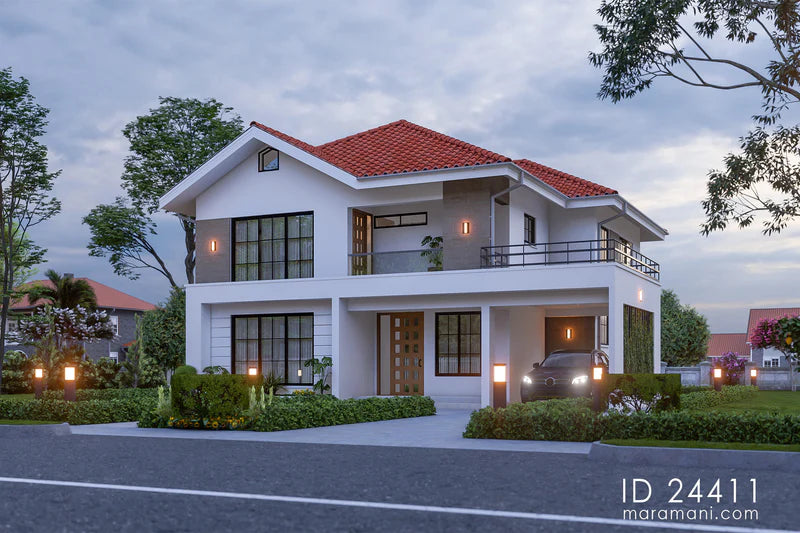
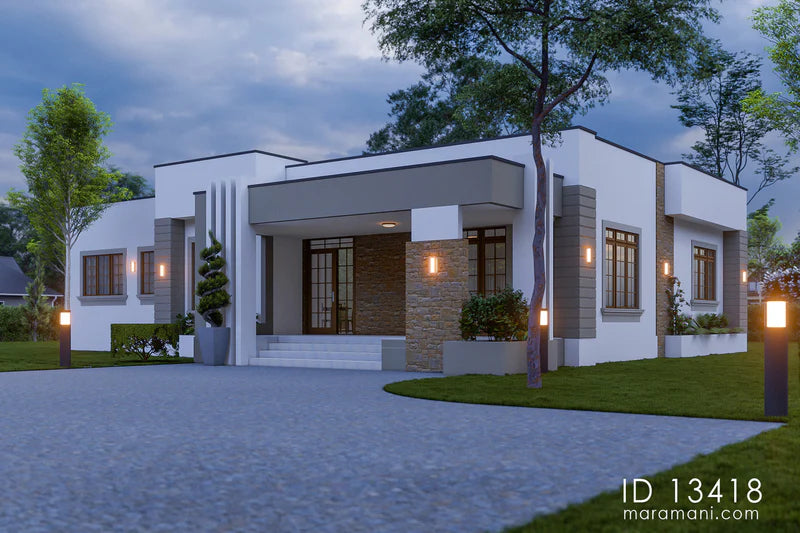
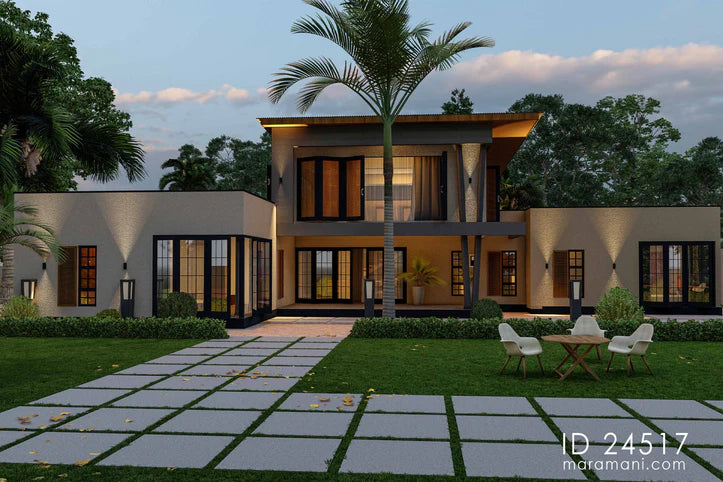
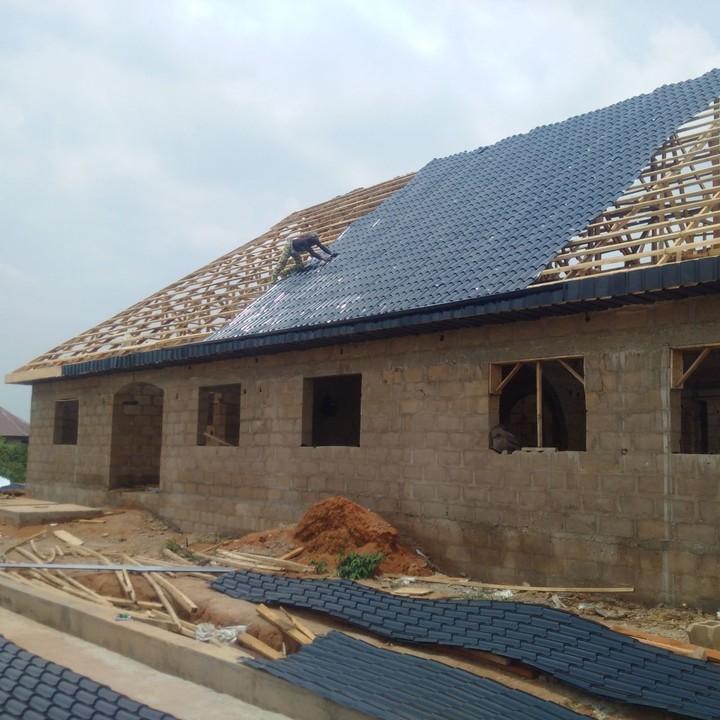
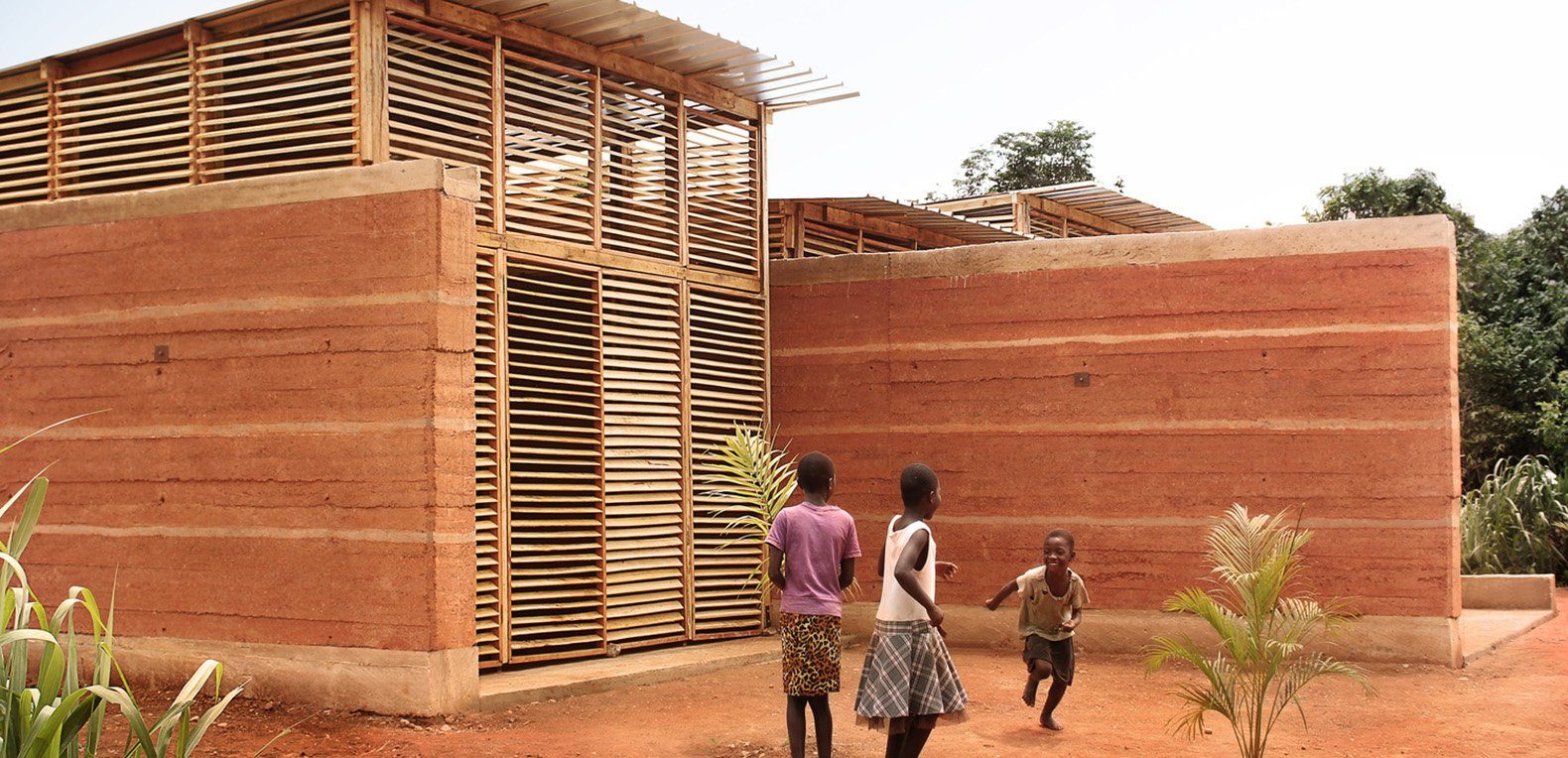
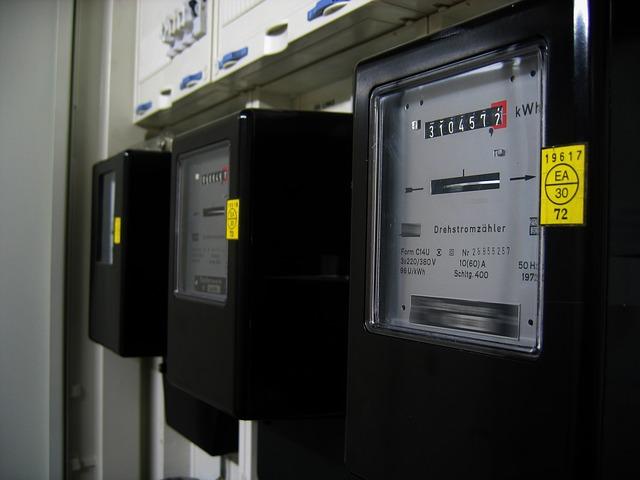
2 comments
Temitope Victoria
Thanks for the information really helpful
Temitope Victoria
Thanks for the information really helpful
Leave a comment
This site is protected by hCaptcha and the hCaptcha Privacy Policy and Terms of Service apply.